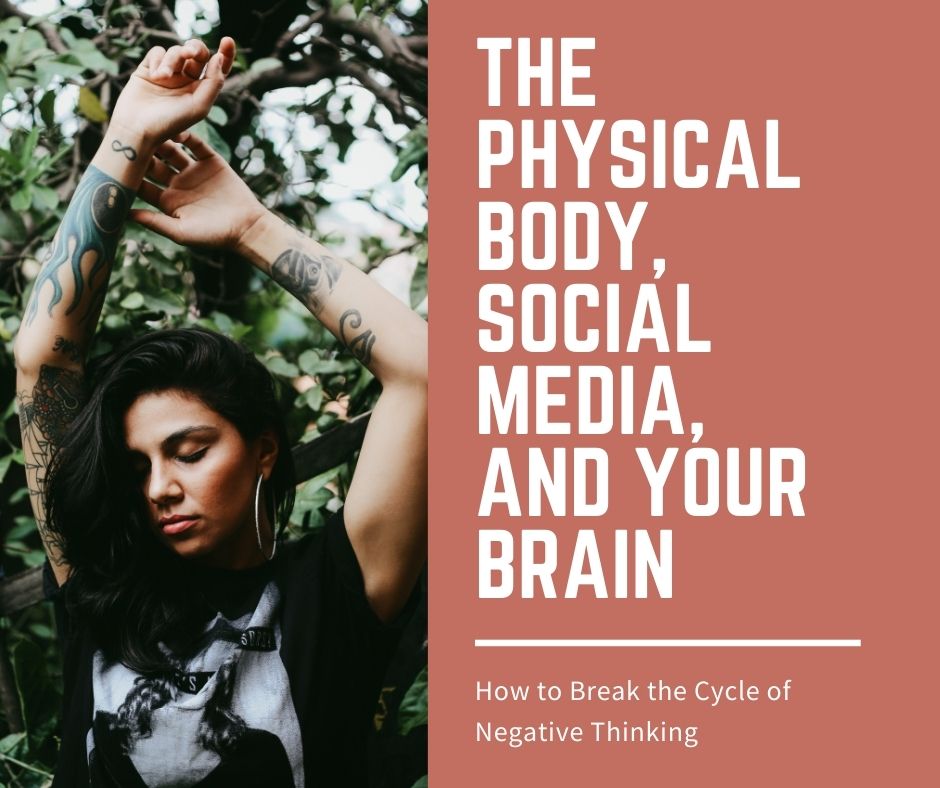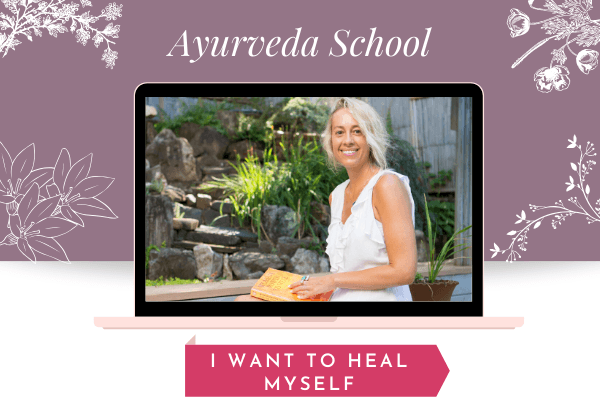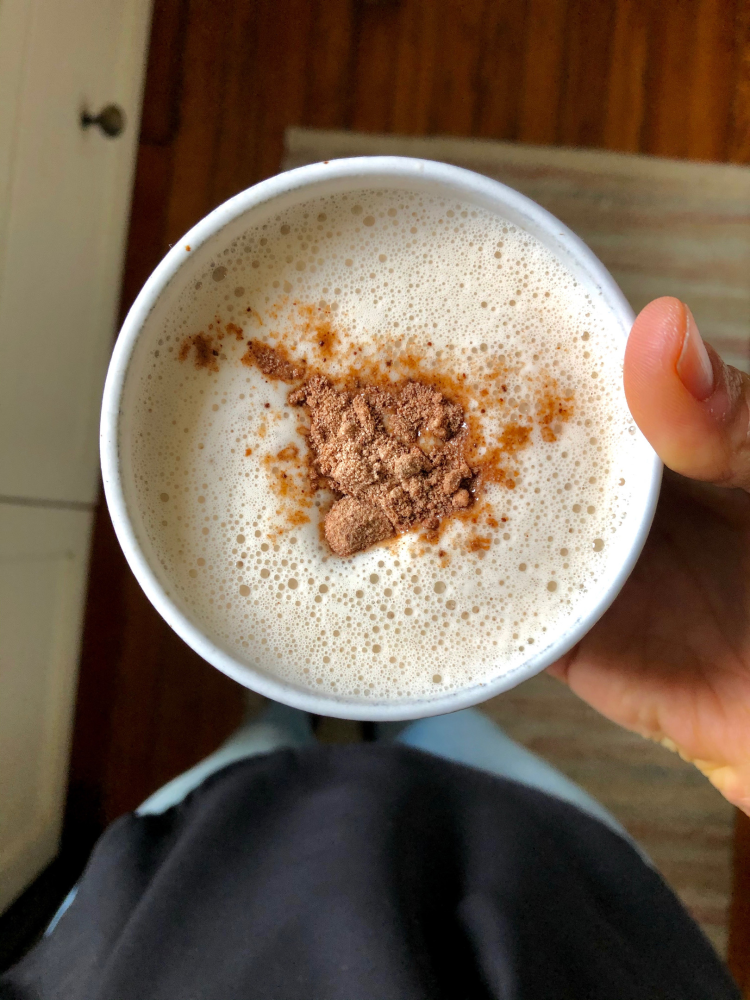Making Lasting Change
For More Joy + Fulfillment

We often go through life fishing, only to realize it’s not fish we were after.
-Thoreau
The Buddha said that the whole world lives on the tip of intention. How aware are you of your intention? At the end of it all the outer world fades and we are only left with our inner world. How is your inner world serving you? What is the intention that is driving your daily habits? Are you living from your heart’s deepest aspirations? Or, are you living from a place of fear, worry, or regret? If we want to live a life of true purpose, to feel freedom, and flow with the natural rhythms of this world, it is absolutely essential that we start being intentional with how we shape our daily life. It is only when we are fulfilling our heart’s deepest longings that we will feel free.
So, how do we become free?
It starts with thought. Many of the great ancient teachings (including the Upanishads) highlight the importance of your thoughts, and more specifically, watching your thoughts. Watch your thoughts, they become words. Watch your words, they become actions. Watch your actions, they become habits. Watch your habits, they become character. Watch your character, for it becomes your destiny. Therefore, it is your thoughts that determines your destiny. Again: Your thoughts determine your destiny, your freedom, and your purpose.
As we go through life, slowly we start forgetting why we are here. Our purpose fades away and it is in the forgetting that we suffer. Studies on the world’s blue zones (regions of the world where it is claimed that a higher than usual number of people live much longer than average) have shown that waking up with purpose can extend your life up to seven years! In a world where distractions are easy and at an all-time high, it is becoming increasingly difficult to hold onto the soul’s purpose and so we naturally forget. The ancient teachings say that this is the human condition. We don’t examine our life, we forget what our gifts are and how to use them. The Buddha said that everyone is gifted, but most people never open their gift. This life is precious. Your gifts are precious. Don’t waste another minute of your life not opening your gift.
How do you discover (or rediscover) what the heart truly wants?
I will admit, relearning how to follow the heart and rediscover your spiritual purpose is not easy, but as an essential ingredient to the success and happiness of your life, it is worth the sometimes difficult start. And that start happens the minute you open your eyes every morning. Setting aside time for spiritual discovery can quickly get moved to the backburner, especially when your task plate is already so full, but it’s important that you do not sacrifice short term gain for the longer vision of who you want to be.
Steps for Uncovering the Soul’s Purpose:
Meditation
Reclaim the Mental Narrative. What makes up your daily mental narrative? Are you having trouble getting out of a toxic mindset (a spiral of negative mind chatter)? This is an indicator that you are not living in alignment with your soul’s purpose. Find a meditation practice that works for you and stick to it. Whether it is 5 minutes, 10 minutes, or 30 minutes, set aside the same time every day for intentional stillness and contemplation. Essential soul time.
Daily Prayer or Affirmations
Proverbs 23:7 says, As a man thinks in his heart, so is he. Another powerful way to shift the mental narrative is to actually start retraining the brain for what you want. This can be achieved through daily thanksgiving, prayer, or self proclaimed affirmations that 
Invest In Your health
What are you doing to sustain your own physical health? And are you taking mental stock of that? It doesn’t have to be a new strict diet plan that you follow, but simply begin to notice what you put into your body and how it makes you feel. The physical and mental bodies are intricately connected. Nurture your body, give yourself permission to feel pleasure from food, and stay connected to the wisdom of the body that knows what and how much of something it truly needs. If the mind is chaotic, make your plate simple.
Writing Exercises
Free form writing can be extremely beneficial when it comes to making space in the mind. Working with certain prompts can help answer some heavy hearted questions. Here are some examples to get you going that are specifically designed to target your soul’s purpose:
- What did you want to do when you were a little kid?
- What is the core part of you that you want folks to talk about at your funeral?
- What gets you completely in the flow or in the zone?
- What naturally comes easy to you?
- What do you fear most when it comes to internal growth?
- What is essential to your long term health? Your success?
- What is meaningful to you? How do you feed your soul?
Try following up your meditation with this writing exercise and I am positive that you will uncover some answers.

For some people, there can be immense spiritual value in exploration and learning something new. If you find yourself in an unshakable funk, try visiting somewhere new. I know we are currently living through a pandemic, but it doesn’t have to be a faraway land. Even going on a drive to a different neighborhood, or a nearby town and walking around can help shift the inner workings of the brain. When we see things for the first time our creativity is stimulated, our dopamine increases, and our soul can get a little wake up call. Or, sign up for a class! There are so many virtual offerings available these days and learning can be a powerful tool to stimulate the mind and reinvigorate the heart. Our Ayurveda Program is the fast track to finding inner wisdom and purpose: More on that here.
Find Your Supporters

Remember, this is a journey. Be gentle with yourself. Learn how to trust your instincts and be willing to invest in yourself. Caring for your soul is one of the most important jobs you have in this lifetime. And, once you rediscover your soul’s purpose, the job then becomes how to share your unique skills with others. As your skills become a service to your community, it will inspire others to do this very necessary soul work. The work that leads to more joy, more openness, and more fulfillment in life.
Two books to take you deeper down this journey of self-discovery and purpose:
- From a more Western tradition: Designing Your Life
- From a more Eastern tradition: The Four Desires
And if you want to spend a WHOLE YEAR learning about yourself and potentially launch a new career, join us in Ayurveda School. We start in January!
































